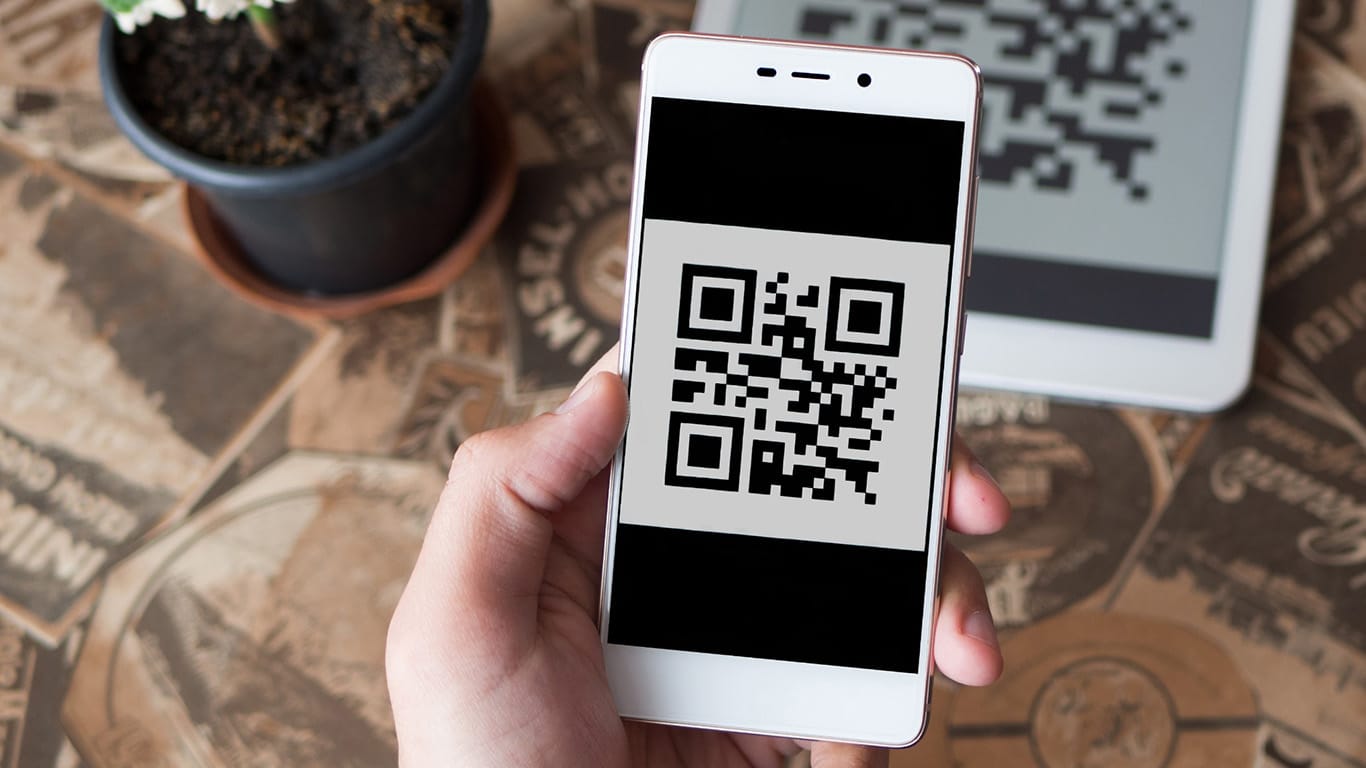Marketing is crucial in commercial real estate – today, the vast majority of buyers, sellers, and investors expect convenience, speed, and easy access to information before they’ll even consider a deal.
To remain successful in this industry, real estate agents must stay ahead, which means not only knowing the market but using the right tools to meet tech-savvy expectations, especially from younger generations who’ve come to expect digital ease and immediacy. QR codes are ideal tools for this because they eliminate friction in the customer journey.
Instead of expecting clients to type a URL, download an app, or hunt for details, a QR code instantly connects them with the information they’re interested in.
Here’s how you can use QR codes to elevate your real estate marketing strategy, grab the attention of potential buyers and sellers, and give them what they’re looking for without the extra steps.
LEARN MORE: Read the latest real estate news here
QR Codes and Marketing
As mentioned, QR codes are highly effective in real estate marketing for one simple reason (actually, multiple reasons, but this one is the most important): they provide a frictionless customer experience.
In short, QR codes streamline real estate marketing by instantly connecting potential clients to property details, virtual tours, and contact information with just a scan, eliminating the need for manual searches or extra steps. But they also make listings more interactive and accessible, appealing to younger, mobile-first audiences who expect rapid access to info.
And real estate isn’t the only industry seeing value in QR technology. Retailers, for example, have been quick to adopt QR codes to enhance the customer experience by linking directly to product details, reviews, and special offers..
A scan on a display can instantly connect customers to this information without needing help from sales staff – a huge advantage for convenience-oriented shoppers. Bitly has an excellent guide on how to use QR codes in retail if you need more information.
The healthcare industry is also on board, using QR codes to share quick links to appointment scheduling, patient records, or medication instructions. And in travel, QR codes are widely used for boarding passes, tracking luggage, or finding check-in locations. Even in the world of digital deals, you can scan your way to savings with options like PayPal Discount Codes from CouponAsion.
Here’s how you, too, can use them to enhance your marketing strategies and streamline the process of connecting clients with everything they need to make informed decisions.
1. Interactive Property Listings
With QR codes, you can show a property with more than just photos and a few paragraphs of text. A strategically placed code on a sign or brochure can take prospects to a detailed online listing with high-res photos, 3D floor plans, and even embedded videos.
This way, prospective buyers or tenants can easily explore property features, location benefits, and leasing details from their phones in a matter of seconds.
This interactive experience can do two things for you: make your listings more engaging and enable prospects to access additional information on demand.
2. Easy Access to Virtual Tours
Virtual tours are becoming a standard in commercial real estate marketing, especially for international or out-of-town buyers. QR codes make these instantly accessible by taking potential buyers directly to a full walkthrough of a property, all from a flier, brochure, or window display.
Instead of relying on long email threads or bulky file transfers, you can offer a QR code for a self-guided property tour that delivers a deeper sense of the space, layout, and ambiance (all crucial details for buyers).
In many cases, you can link QR codes directly to VR-compatible platforms, letting clients experience properties in a nearly immersive way without being there in person.
3. Boosting Social Media Engagement
Social media is essential for building your brand and establishing trust with potential clients. And including QR codes that lead to your LinkedIn, Instagram, or YouTube page is a quick way to encourage clients to connect.
Whether it’s a QR code that lets clients follow you for market updates or links to client testimonials and case studies, integrating social platforms helps build credibility and keeps your business on top of potential clients’ minds.
QR codes also work well in social media campaigns. For example, you could create a “virtual open house” event, where a QR code gives users access to exclusive video tours, interviews with the architects, or even live-streamed Q&As.
Tips for Implementing QR Codes in Your Real Estate Marketing
- Prioritize Placement: Ensure that your QR codes are easily accessible and visible on signage, brochures, emails, and other physical and digital media.
- Optimize for Mobile: The landing page linked to your QR code should be mobile-friendly. Optimize your page load speed, visual content, and readability for mobile to ensure a smooth experience.
- Offer Value: Think about what the end user will gain by scanning the code. Rather than generic information, offer something that adds value – whether it’s an in-depth property video, a downloadable PDF with ROI data, or even an exclusive discount on closing fees.
- Track Your Results: Finally, since most QR code generators allow you to track scans, use this data to understand which types of codes generate the most engagement. This feedback can help you refine your QR strategy, tailoring content to what your clients find most valuable.




